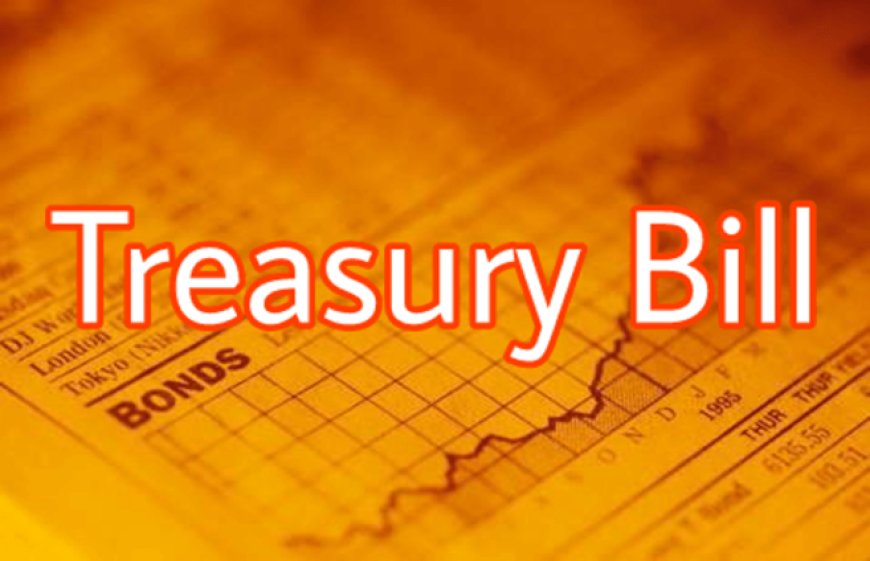T-bills auction: Investors submit bids worth GH¢28bn; interest rates decline to 10.8%
Investors tendered GH¢28 billion in bids during Ghana’s most recent Treasury bill auction, a staggering oversubscription of over 200%, while yields declined to 10.8%. Analysts say the result reflects heightened demand for short-term government debt and added pressure on the government to lower financing costs.

Accra, Ghana — July 28, 2025 — Ghana’s latest T‑Bills auction witnessed extraordinary investor enthusiasm, with total bids amounting to GH¢28 billion—equivalent to 264% oversubscription relative to the government’s target, according to Bank of Ghana data. The Treasury ultimately accepted only a fraction of the bids as interest rates across key maturities fell sharply to 10.8%
???? Auction Highlights
-
Bid volume reached GH¢28 billion, vastly outperforming issuance goals.
-
Interest rates declined meaningfully, with the 91‑day T‑Bill clearing at approximately 10.8%.
-
Shorter-term bills accounted for most of the demand, though specific maturity breakdowns were not detailed in public notices .
???? Market Context & Implications
This auction marks a continuation of recent trends where high demand meets stalling government yield control policies. Comparatively, earlier in March, interest rates had already dropped below inflation levels following strategic rejection of bids worth GH¢10.8 billion out of GH¢18.2 billion by authorities More recently, 91‑day yields were reported at 14.56%, and 364‑day bills at over 15% in auctions under acceptance regimes
The steep decline to 10.8% suggests the government is successfully driving down borrowing costs despite generous investor appetite. However, analysts caution that such rates may still trail inflation levels, potentially eroding real returns for savers.
???? What This Means for Stakeholders
-
Government: Lower rates reduce the cost of short-term borrowing, but oversubscription pressures may force tighter control of yields or faster roll-over of debt.
-
Investors: Elevated demand underscores continued preference for low-risk instruments amid volatility and limited alternatives in the domestic fixed income market.
-
Economy: The interplay between high demand and falling yields highlights challenges in aligning monetary policy with inflation expectations and fiscal discipline.
Why It Matters
-
High oversubscription and rate declines show increased investor confidence in Ghana’s monetary strategy.
-
Aggressive yield control could strain future borrowing if inflation remains sticky or rates forced too low.
-
The auction underscores ongoing tensions between investor demand, fiscal borrowing needs, and macroeconomic stability.
What to Monitor Next
-
Will the government continue to reject portions of bids to enforce yield discipline?
-
How will inflation trends evolve relative to T‑Bill rates?
-
Are investors shifting toward Bank of Ghana bills or other instruments amid lower yields?
What's Your Reaction?


















































































